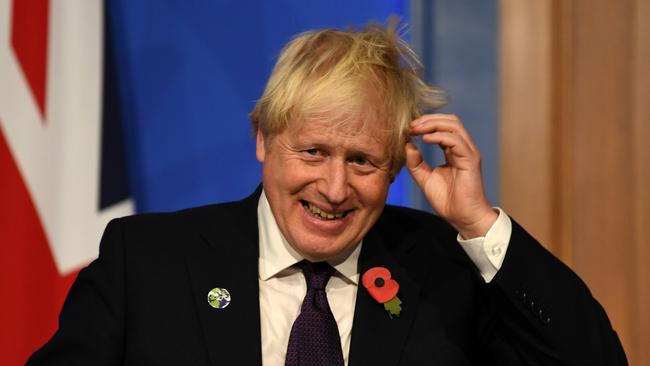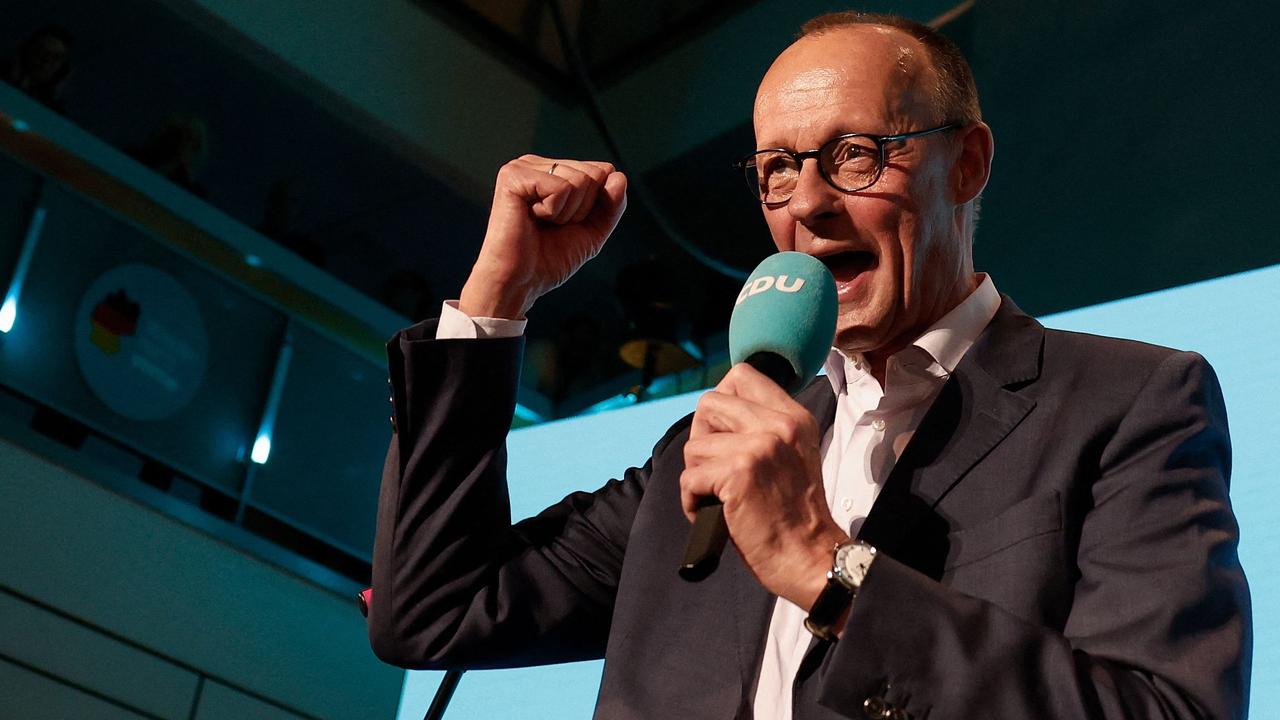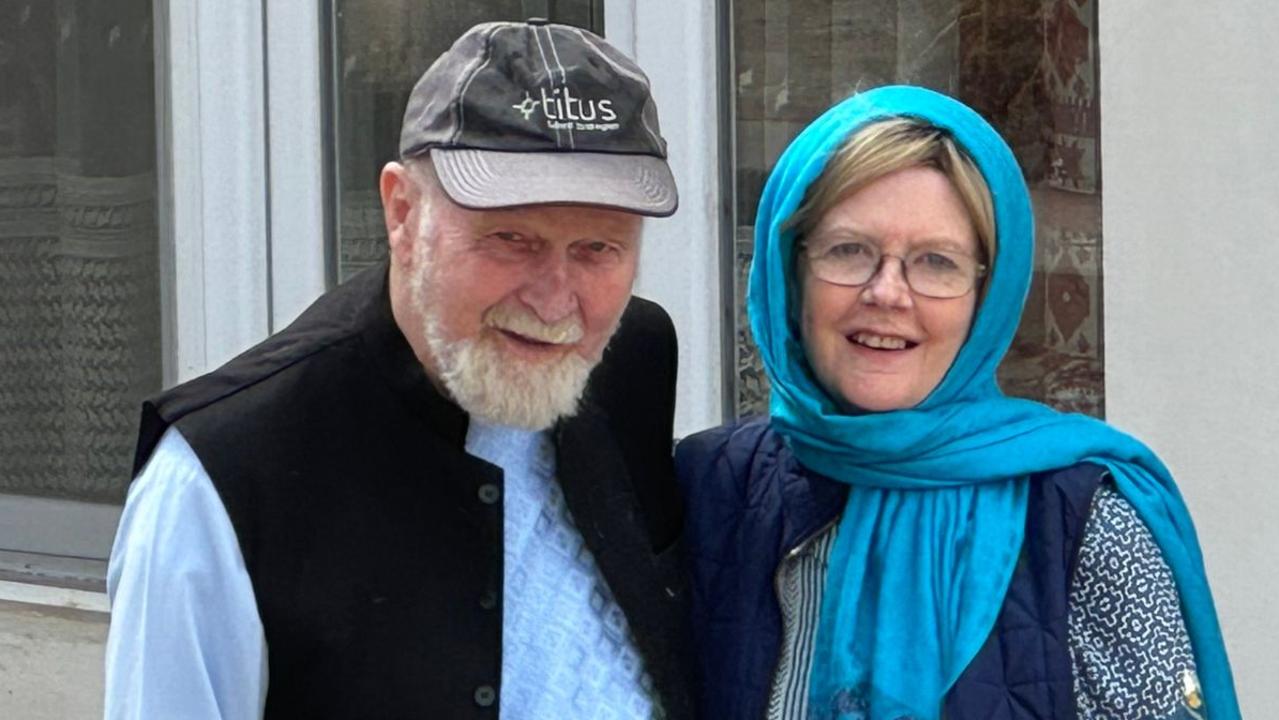COP26: ‘We won. Now China and India will have to explain themselves’
British Prime Minister Boris Johnson said that COP26 had ‘sounded the death knell for coal power’.

British Prime Minister Boris Johnson said COP26 had “sounded the death knell for coal power” but he was disappointed that one pledge was watered down by China and India.
Mr Johnson said the outcome was “truly historic” and that within a few years building new coal power stations would be unacceptable around the world. He gave the event “more than six out of 10” for success.
He said, however, that it was “tinged with disappointment” and that although most nations had demonstrated a “high level of ambition”, some had not been “willing to go there”.
India and China pushed for last-minute changes to the climate pact, replacing the pledge to “phase out” coal with one to “phase down” its use. Alok Sharma, the president of the event, was reduced to tears after the concession.
Mr Johnson said late on Sunday that Britain could not force other nations into agreeing to its own climate change targets. “Those for whom climate change is already a matter of life and death, who can only stand by as their islands are submerged, their farmland turned to desert, their homes battered by storms, they demanded a high level of ambition for this summit,” he said. “While many of us were willing to go there, that wasn’t true of everyone. Sadly that is the nature of diplomacy. We can lobby, cajole, encourage but we cannot force sovereign nations to do what they do not wish to do.”
Mr Sharma had said earlier that China and India were going to have to “explain themselves to the most climate-vulnerable countries in the world”.
Mr Johnson said: “It’s an immense thing to get a commitment from 190 countries to phase down or phase out. Whether the language is phase down or phase out doesn’t seem to me to make much of a difference. The direction is pretty much the same.” The aim of keeping global temperatures from rising by more than 1.5C was still alive, he said, adding that the world was “undeniably heading in the right direction”.
“Even the most pessimistic commentator will tell you that 1.5 degrees, that goal of restricting the growth in temperatures to 1.5 degrees, is still alive. Now the work continues to make that ambition a reality,” he said.
He would not make more stringent climate change targets part of negotiations for a trade deal with India.
Mr Johnson “fully and humbly” accepted that COP26 had not delivered the “full solution” to climate change, but it had achieved “just about as much as we could have hoped”. He said a tipping point had been reached in people’s attitudes and leaders had been “galvanised and propelled by their electorates”.
The conference also secured agreement on finalising key parts of the “Paris rule book”, on areas such as establishing carbon markets and transparency over the action countries are taking, which have been outstanding since that climate treaty was agreed in 2015.
The decisions come after a fortnight of negotiations in Glasgow. A series of deals by countries and businesses on cutting methane emissions, curbing deforestation, switching to electric cars, driving investment in clean technology and phasing out coal power were announced alongside the formal negotiations as part of efforts to drive “real-world” climate action.
Mr Sharma said the goal of restricting global warming to less than 1.5C above pre-industrial levels was “still in reach”, but added that the outcome of the conference was only a “fragile win”.
The coal deal is still seen as a significant achievement because it is the first global climate agreement to explicitly mention fossil fuels as a key driver of climate change and to set out a plan to reduce the use of coal. Greenpeace said: “It’s meek, it’s weak and the 1.5C goal is only just alive but a signal has been sent that the era of coal is ending. And that matters.”
Patricia Espinosa, executive secretary of the UN Framework Convention on Climate Change, said: “We are very far from that goal (of 1.5C) but we did manage to get together this big package of different decisions that … gives us very, very specific direction on what we need to work on in order to get there.”
She said the deal was the first climate pact to have mentioned coal and fossil fuels. “We have to be very conscious that there are millions and millions of people that depend on fossil fuel industries and in terms of coal there are many people, especially vulnerable and poor people, that also depend on that as a source of energy. So, on the one hand, we have clarity that this is a very big source of emissions and we need to get rid of that. On the other hand, we need to also balance out the social consequences.”
THE TIMES


